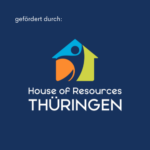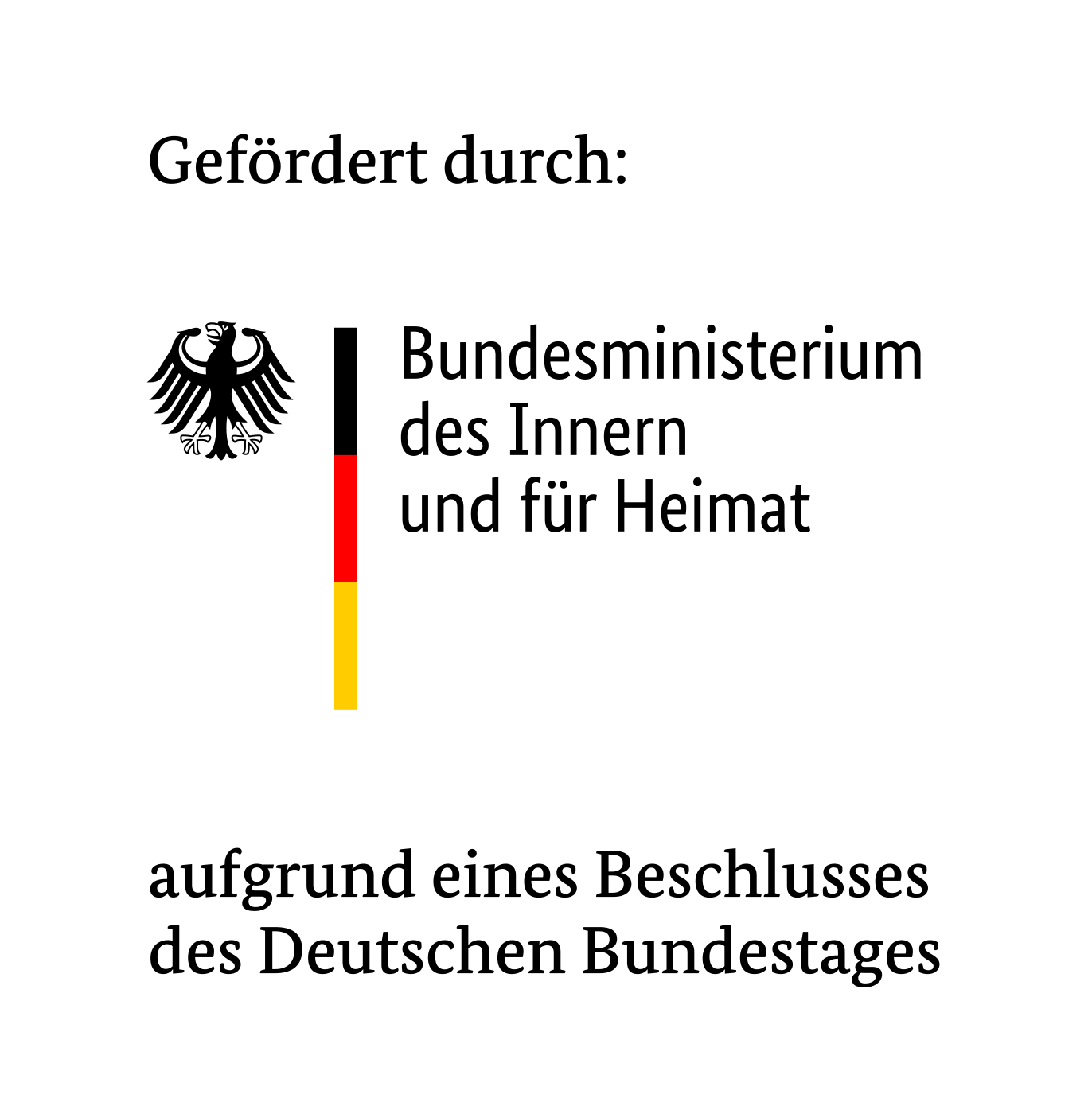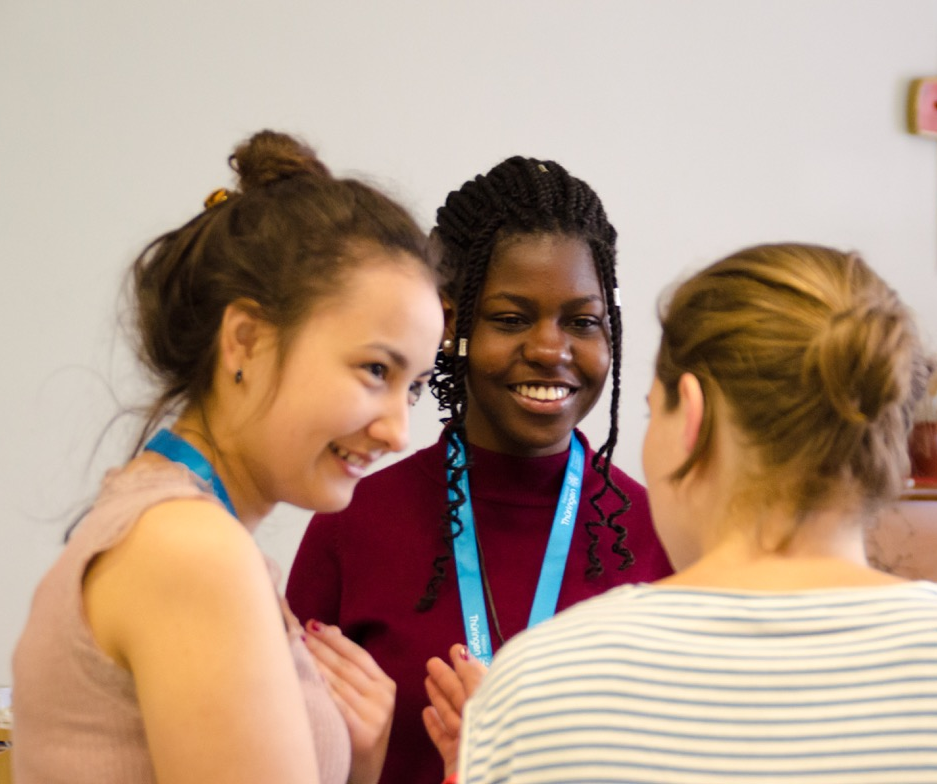The Dialogue Program at the International Student Week in Ilmenau (ISWI) 2023 seeks to enable an open and respectful dialogue aimed at learning from one another. The organizers hope to enhance mutual understanding and develop respect for varied perspectives between the participants on contentious topics and issues. We will be using the dialogue methodology developed and practiced by the Nansen Center for Peace and Dialogue (NCPD).
The Dialogue Program to be held in Ilmenau, Germany will be held from 28th May to 1st June 2023. Participants of the Dialogue Program shall participate in one of the 20 groups of the ISWI 2023 conference. The conference will be held from 2nd to 11th June 2023 in Ilmenau. Participants in the Dialogue Program will thus have a stay of 15 days in Ilmenau.
The Dialogue Program will be held using the English language.
What do we mean with dialogue?
“Dialogue is an open communication process that aims to build or rebuild relationships between people as they share experiences, ideas, and information about a common concern. It also aims to help groups to take in more information and perspectives than they previously had in order to get a new and broader understanding of a situation. This process happens through deep listening and asking open and not leading questions, instead of argumentative responses.
This requires interest to learn more about others’ unique experiences, beliefs, and thoughts. It requires humility to recognize that one person or group does not have the whole truth and that everything we experience is shaped by factors like age, class, religion, ethnicity, geography or gender. A dialogue offers an open space, where people can be honest about their similarities and differences and learn to live within an environment of disagreements. This learning process might expand people’s ability to act with empathy and care for others, even if they are perceived as outsiders. This behavioral change is the goal with dialogue and will over time influence the development in a society,” – as defined by the NCPD.
In a dialogue, participants shall set the ground rules for their dialogue together and are encouraged to take complete ownership over the conversation. Thus, dialogue sessions are facilitated rather than moderated. A facilitator is entrusted with the duty of creating the space for an open respectful group process. The facilitator does not participate in decision-making, but rather ensures that the contributions of all participants are taken into account and everyone feels safe to take part. Training to develop facilitation capabilities is provided by the Nansen Center for Peace and Dialogue.
What does the topic 'Knowledge' imply?
The overarching context of the dialogue is ‘Knowledge’. This topic involves a wide range of aspects and subtopics that relate to each individual differently. You, as a participant, will be the owner of the conversation: You will decide, together as a group and by trying to reach group-consensus, on the specific sub-topics to engage in throughout the dialogue sessions. The program will include a part dedicated to this consensus decision-making group process.
Who are the organizers and what is their role?
The Dialogue Program is organised by the Ilmenau Dialogue Center (IDC), with support and training from the NCPD, and contributions from the Empirische Medienforschung und Politische Kommunikation (EMPK) as well as an exchange of know-how from the Dialogue Group of the International Student Festival in Trondheim (ISFiT). The IDC is currently a project organized by the members and collaborators of the Initiative Solidarische Welt Ilmenau e.V., a student-led association on the campus of TU Ilmenau.
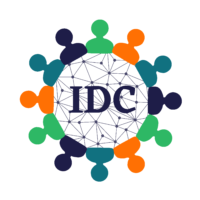
Key goals for the IDC are:
• To understand and apply dialogue as a tool for enhancing mutual understanding.
• To build capacities to facilitate different forms of dialogue.
• To organize and host regular dialogue sessions in Ilmenau.
• To promote dialogue as a methodology for peace-building and conflict transformation.
The Dialogue Program at ISWI 2023 will be the first topic-based dialogue event conducted by the IDC. The members of the organizing team will fulfill the role of ‘Facilitator’.
Participation in two parts!
From 28nd May to 1st June 2023, you will participate in dialogue sessions as part of one of two groups. During that period, you will be required to attend two sessions per day, for a total of 6 hours per day.
From 2nd June to 11th June 2023, you will participate in the ISWI 2023 conference as part of one of 20 groups. Your preference for the conference group is to be specified in your application form for the Dialogue Program. Participants of the Dialogue Program are exempted from the ISWI 2023 application process.
Selection process and logistical information
All students over the age of 18 years can participate in the Dialogue Program. We value diversity of opinion and hope to receive applications from students with different backgrounds.
After the end of the application period, based on the internal review process, a total of 16 students will be selected and invited to take part in the Dialogue Program.
We will provide the following for all participants:
• Food for the entire duration of your stay.
• Accommodation for the entire duration of your stay.
Participants in the Dialogue Program are expected to join the full ISWI 2023 conference, thus requiring a complete stay of 15 days in Ilmenau, Germany. We can also assist you in applying for additional funding for your trip by writing reference letters or letters of support.
Note: The current plans include in-person participation in Ilmenau, Germany. However, the dates and plans are subject to change based on the developments of regulations surrounding the COVID-19 pandemic.
Tentative timeplan can be downloaded here.
Dialogue Programme
Dialogue Programme
Dialogue Programme
Arrival Day on 28th May
Departure Day on 11th June
Collaborators and partners
Nansen Center for Peace and Dialogue (NCPD)
The NCPD is a knowledge centre and meeting point for dialogue and conflict transformation. The centre provides training courses and facilitates dialogue. NCPD promotes peace, human rights, dialogue and reconciliation through training courses, documentation and sharing knowledge based on field experiences. The centre conducts peace and dialogue work both in Norway and internationally and has been active in Western Balkans, Afghanistan, Iraq, Poland, and more. In Norway, the centre cooperates with schools, municipalities, cultural and religious organisations, museums, colleges and universities.
By facilitating dialogue in divided communities, NCPD helps build bridges across ethnic, cultural, political and social divides. Experience proves that targeted efforts are required overtime to develop strategies and tools for preventing, managing and transforming conflicts. The centre is located at the Nansen Academy in Lillehammer, Norway.
Empirische Medienforschung und politische Kommunikation (EPMK)
The research group EMPK deals with (public) communication about socially relevant problems like climate change, energy turn, migration, corona crises, and digitalisation in education. The focus of the research group lies in the investigation of reception (media use and media effects) as well as on the analysis of the media content related to these phenomena.
As such, the research group analyses these foci with broad methodological expertise, such as representative panel-surveys, qualitative and quantitative content analysis and qualitative interviews.
House of Resources Thüringen
The “House of Resources Thüringen”, a project of jipi gUG (Jugendintegrationsprojekte Ilmenau), is implemented in cooperation with the migrant organization MOVE e. V. in Erfurt, the ASB Kreisverband Sömmerda e. V. and schrankenlos e. V. in Nordhausen.
As a “House of Resources Thüringen”, they support migrant organizations as well as other organizations, initiatives, associations and volunteers in the field of migration and integration at our project locations and throughout Thuringia.
The House of Resources Thüringen team has supported us with several events, like dialogue trainings or dialogue programmes. They are funded by the German Federal Ministry of the Interior and the Thuringian Ministry for Migration, Justice and Consumer Protection
